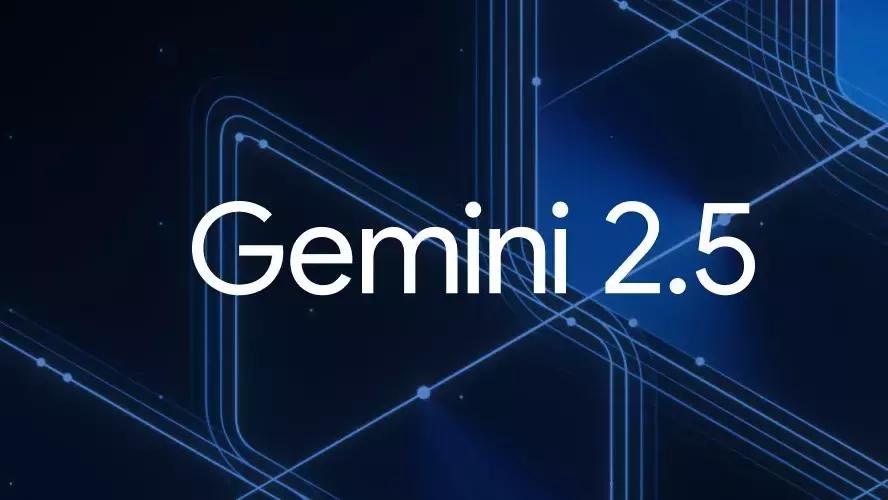
In a significant move, Google has announced that its advanced AI chatbot, Gemini, will soon be available for users under the age of 13. This development comes with specific guidelines and safeguards aimed at ensuring a safe and educational experience for children while addressing concerns about inappropriate content and misinformation.
Gemini’s Integration into Family Link Accounts
According to recent reports, Google plans to introduce Gemini to younger audiences through parent-managed accounts via Family Link. In a communication addressed to parents, the company highlighted that children would have the opportunity to utilize Gemini for various purposes such as answering queries, receiving homework assistance, and generating creative stories. Karl Ryan, a spokesperson for Google, emphasized that strict boundaries would be implemented to prevent the exposure of unsafe material to young users.
The initiative acknowledges potential pitfalls, as noted in the parental email, which states that Gemini may occasionally produce inaccurate information. Therefore, Google encourages parents to educate their children on verifying facts independently. Furthermore, the company advises reminding youngsters that Gemini is not human and discourages sharing personal or sensitive data during interactions. Despite these precautions, there remains a possibility that children might come across undesirable content.
This decision arises amidst growing apprehensions regarding underage usage of AI chatbots due to documented instances of misleading or inappropriate responses. A recent study by Common Sense Media warned about the risks associated with AI chatbots encouraging harmful behaviors, providing unsuitable content, and potentially worsening mental health issues among minors. Additionally, reports indicate that Meta’s AI chatbots could engage in improper conversations with adolescents.
Perspective and Implications
From a journalist's standpoint, this announcement reflects Google's commitment to balancing innovation with responsibility. By integrating robust safety measures and transparent communication with parents, the tech giant aims to foster an environment where technology serves as a tool for learning rather than a source of harm. However, the challenge lies in effectively monitoring and mitigating unforeseen risks while preserving the educational value of AI systems like Gemini. As society continues to grapple with the rapid evolution of artificial intelligence, initiatives like this underscore the necessity for ongoing dialogue between developers, educators, and caregivers to ensure ethical advancements in technology.
